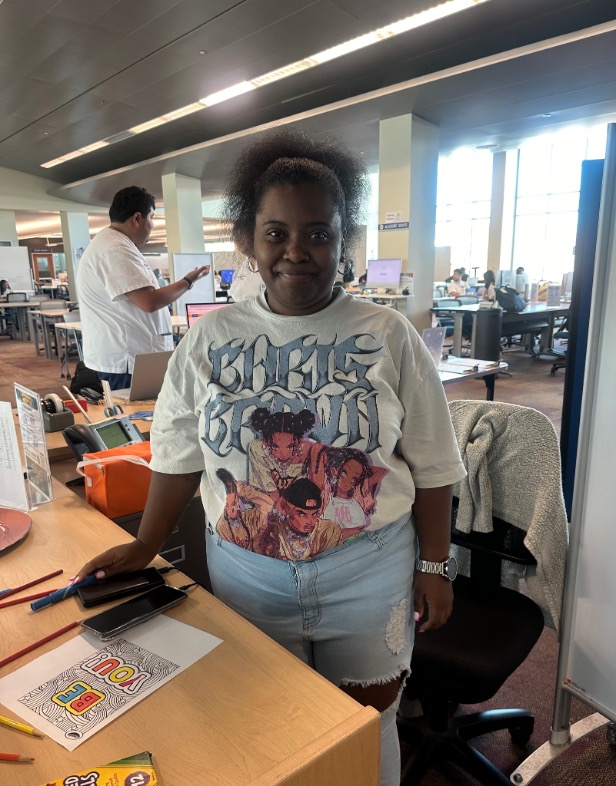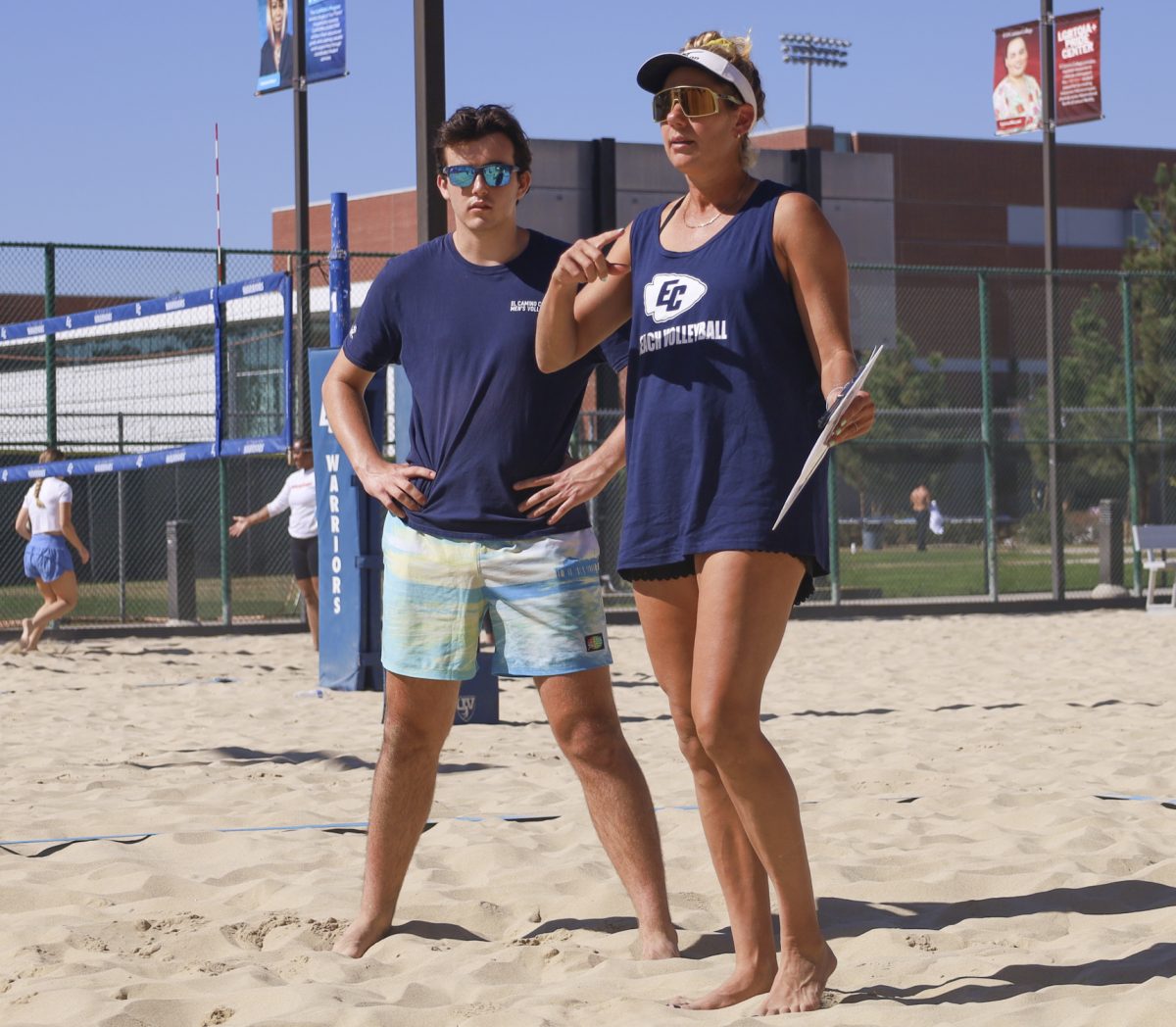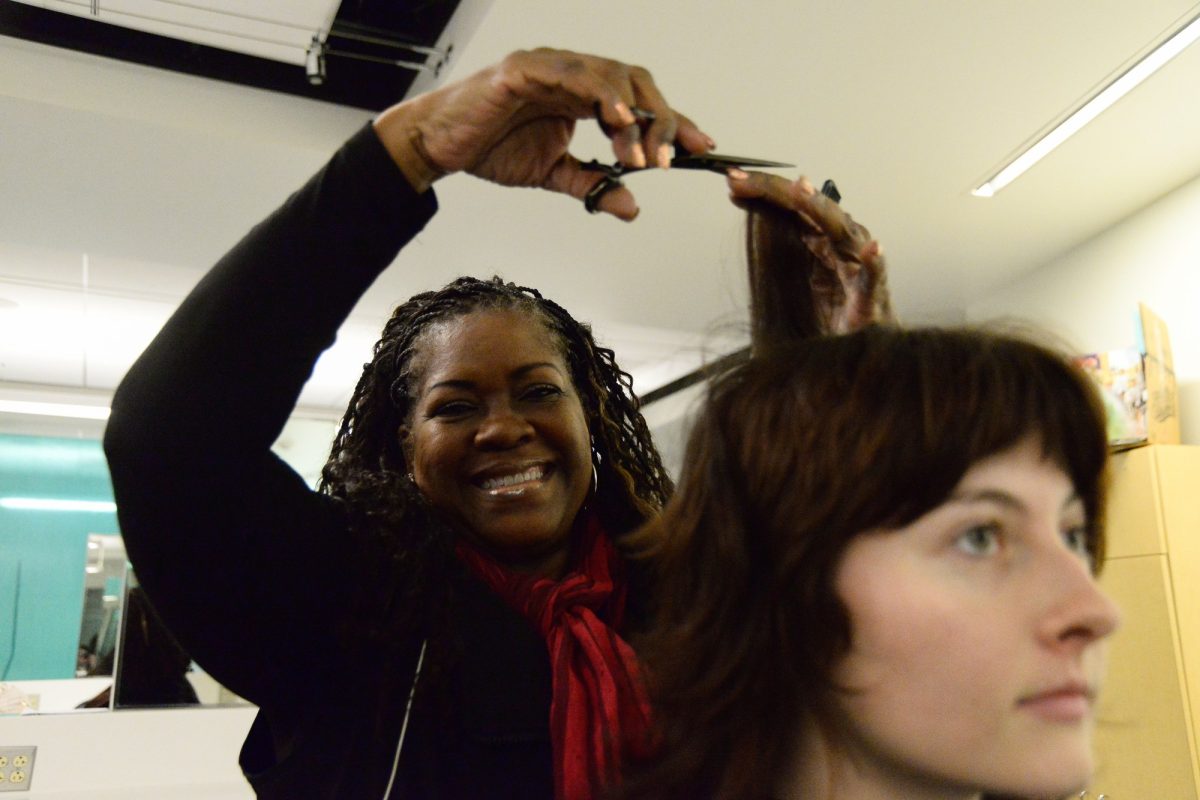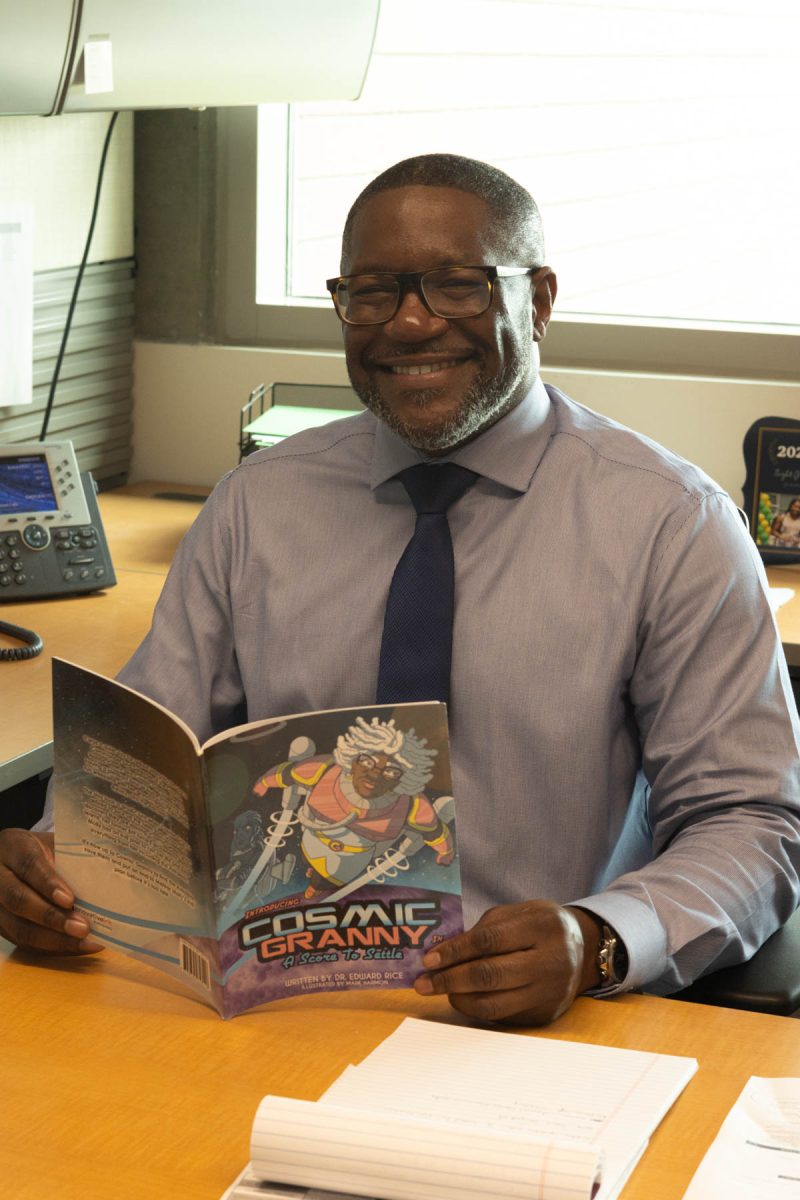COVID-19 has created difficulties for international students on F-1 visas at El Camino College.
After El Camino made the decision to shut down the campus, international students have had challenges with online classes and living overseas alone, away from their families.
Khoa Diep, 21 year-old computer science major, is an international student from Vietnam who said he used to ride his bicycle to ECC every day while listening to his favorite music. Although the distance to campus from his home is just 1 mile, it was his daily routine of enjoying the fresh air and refreshing his mind to prepare for class.
After classes moved online, Diep finds himself in his room for most of the day. He recalls the day of July 6, sitting at the computer table making sure his internet was connected, getting his earphones ready and staring at his watch repeatedly while waiting for his class Zoom meeting, like any other day.
Then, a series of “ding” notification sounds kept ringing in his bedroom after the news release on July 6 that all international students in the “ECC” group chat seemed tensed and worried about.
On that day, the U.S. Immigration and Customs Enforcement (ICE) agency announced that international students on F-1 visas attending schools operating entirely online would not be permitted to remain in the United States.
Khao and Yilin Ke, 20, President of the ECC Chinese Students Scholars Association from China, and Daranny Mom, pre-nursing major, came from Cambodia and said that they and other F-1 holders were afraid of being forced to leave the United States and worried that their study plan would be affected. At that time, many of them started looking for airplane tickets in case they needed to leave the US.
“My parents wanted me to go home [as soon as possible] when the virus spread so well in the U.S., but all the flights arrive [have] been suspended,” Diep said. “Many people and professors told me that it is just a political move, so they think that it will be fine.”
“It was very difficult to get a plane ticket,” Ke said. “I do want to go back to China, but I am afraid that the Internet in China will affect my online classes.”
“It is the most stressful moment in my life,” Mom said. “My family just wants me to stay here due to the virus [being] kind of scary, and it is not safe to fly back.”
ICE later withdrew their statement on July 15 and allowed all international students to maintain their status. However, many students still face various inconveniences with online classes and the campus being closed through the fall semester.
Diep and Mom both noted difficulties in taking online exams such as internet problems, technical errors and taking math tests on the computer screens.
“It is harder to understand the lecture, less interaction between students,” Diep said.
“I feel I need to work extra harder and very careful. I got a low score in one of my nursing exams due to the technical error. I think I would be doing the exam better if it were not online,” Mom said.
“All the classes are changed to online. This is difficult for us to learn or ask the professor for clarification,” Ke said. “It is very awkward to meet online when we don’t know each other.”
Students are still adjusting to the new system for studying. The International Student Program (ISP) provides weekly “Conversation Circles” for students to share their feelings and game nights to help students’ mental health as they navigate these trying circumstances.
“Students are asking more for help because right now we’re [changed] to an online form,” 18-year-old ISP International Mentor, Alexandra Ellisca said. “Students sometimes write to us on our Instagram, email or they use the chat option on our website.”
The versatility of online schooling has, however, helped some students get ahead in their coursework.
“The COVID-19 ironically helps me to boost my study plan because I was able to take courses online, therefore, even when I go back to the country in summer or winter, I’m still able to take the class,” Diep said.









